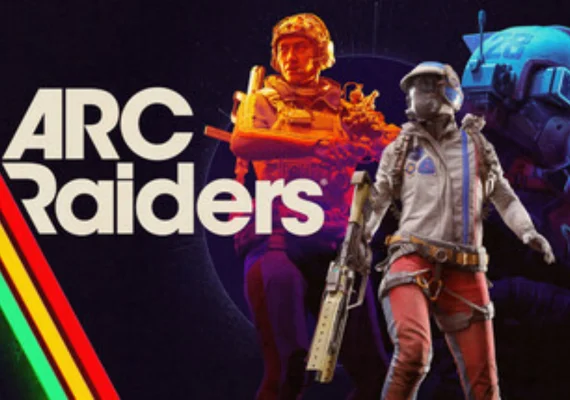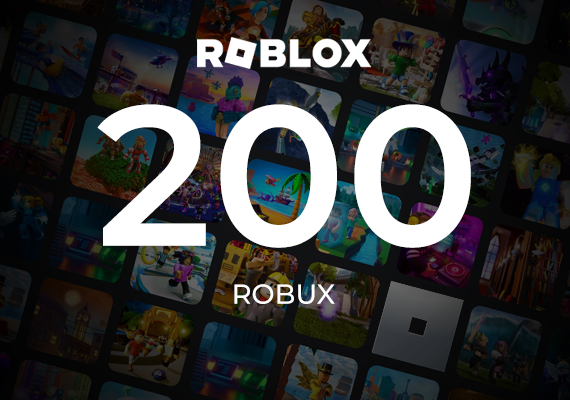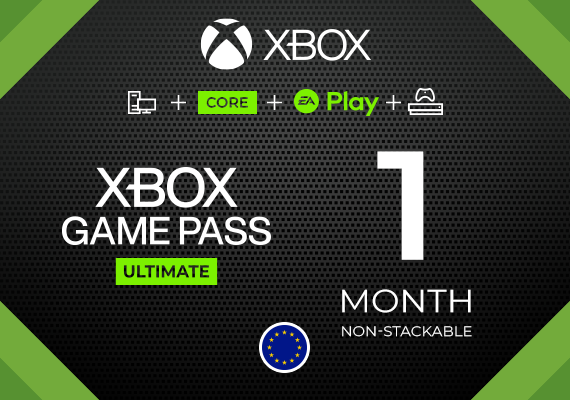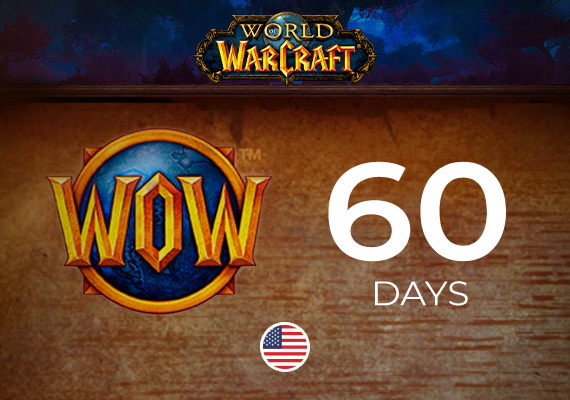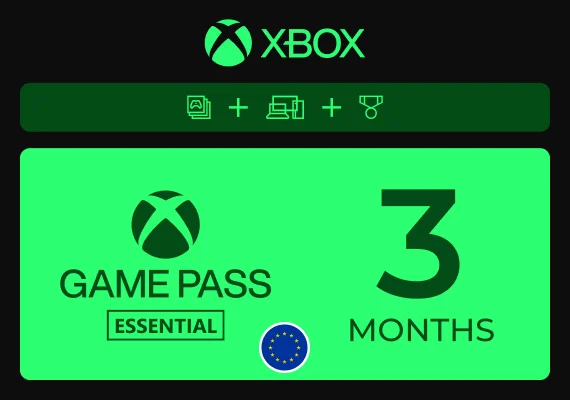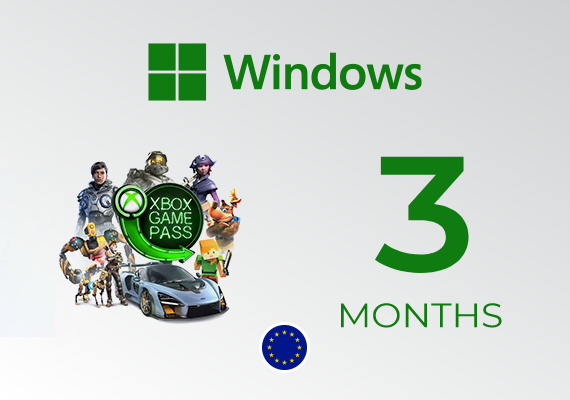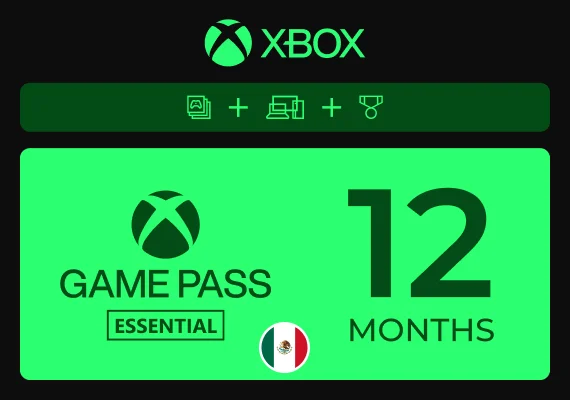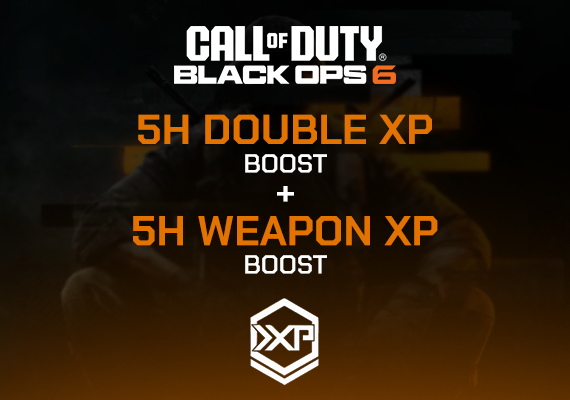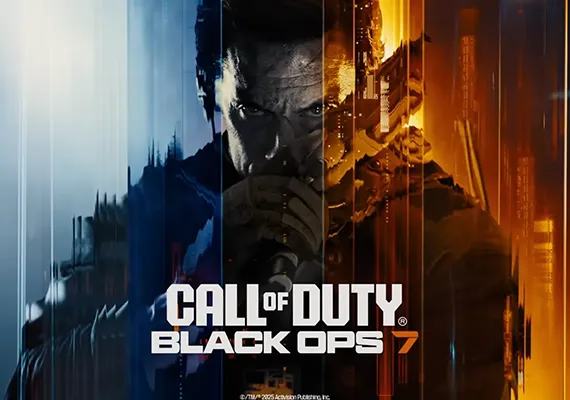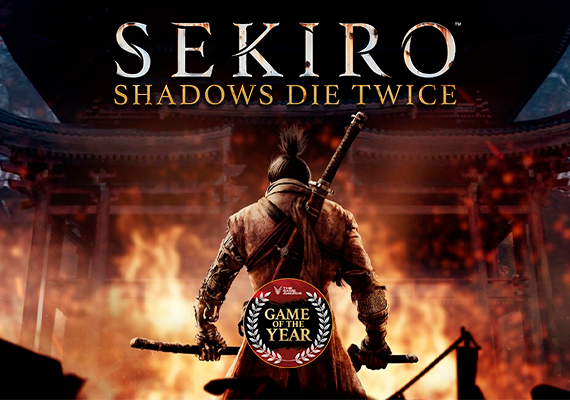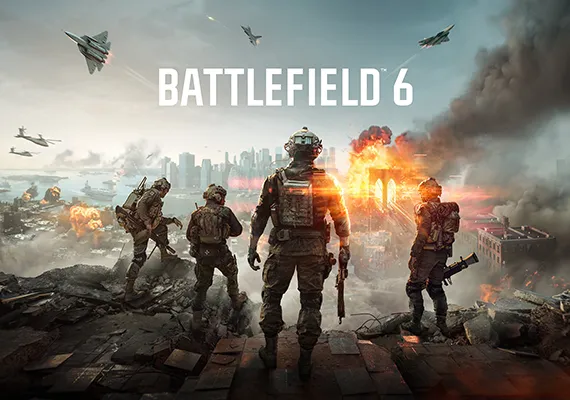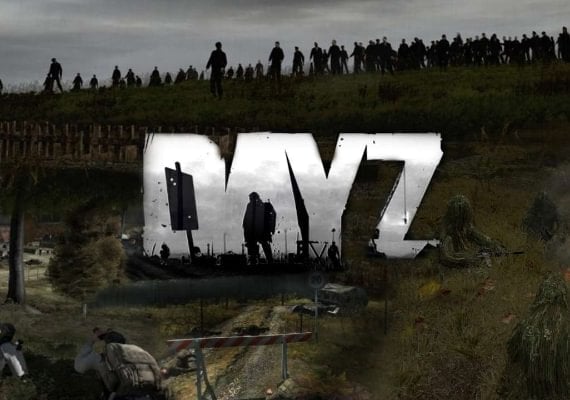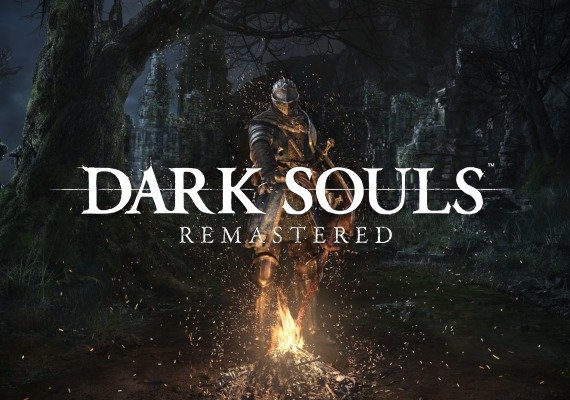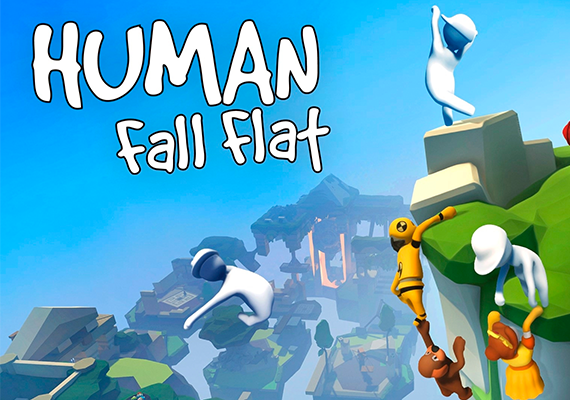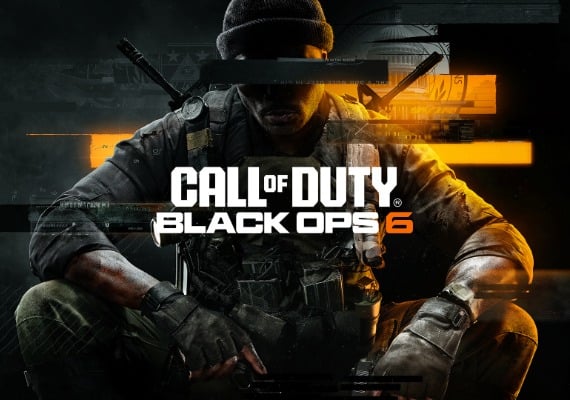20 Years of Innovation: From Call of Duty 1 to Black Ops 6
.webp)
The Early Years: Establishing the Foundation
The original Call of Duty introduced players to intense World War II combat, setting new standards for military FPS games. The introduction of the now-iconic kill-cam feature gave players insight into their defeats, while the innovative multiplayer Team Deathmatch mode laid the groundwork for future competitive play. As the series progressed through Modern Warfare and World at War, the introduction of the perks system and customisable load-outs added unprecedented depth to gameplay mechanics. These early innovations weren't just features; they became industry standards that competitors would strive to emulate.
The franchise's dedication to authentic military experiences was evident in its attention to detail, from weapon handling to sound design. The implementation of kill streaks rewarded skilled players while maintaining balance, creating a satisfying progression system that kept players engaged for hours.
.webp)
The Evolution of the Franchise: A Legacy of Titles
The Call of Duty series has produced numerous memorable titles that have each contributed to its legendary status:
- Call of Duty 2 (2005) – Enhanced graphics and improved AI, setting a new standard for World War II shooters.
- Call of Duty 4: Modern Warfare (2007) – Revolutionised the series with a modern-day setting and a groundbreaking multiplayer system.
- Call of Duty: Modern Warfare 2 (2009) – Expanded on modern warfare with a controversial campaign and the introduction of Spec Ops mode.
- Call of Duty: Black Ops (2010) – A Cold War-era thriller with a mind-bending campaign and fan-favorite multiplayer maps like "Nuketown."
- Call of Duty: Modern Warfare 3 (2011) – Concluded the Modern Warfare trilogy, refining multiplayer with Strike Packages and introducing the Survival co-op mode.
- Call of Duty: Black Ops II (2012) – Featured future warfare and a branching storyline campaign with multiple endings.
- Call of Duty: Ghosts (2013) – Introduced new mechanics like destructible environments and the introduction of the "Squads" multiplayer mode.
- Call of Duty: Advanced Warfare (2014) – Brought futuristic combat with exoskeletons and a fast-paced multiplayer experience.
- Call of Duty: Black Ops III (2015) – Continued the futuristic trend with advanced movement systems and a co-op campaign.
- Call of Duty: Infinite Warfare (2016) – Took the series into space, featuring space combat and futuristic warfare.
- Call of Duty: Modern Warfare Remastered (2016) – A polished remake of the 2007 classic with updated visuals and multiplayer.
- Call of Duty: WWII (2017) – Returned to World War II with a focus on gritty, realistic combat and a traditional multiplayer experience.
- Call of Duty: Black Ops 4 (2018) – Focused heavily on multiplayer and battle royale mode Blackout, skipping a traditional campaign.
- Call of Duty: Modern Warfare (2019) – A reboot of the Modern Warfare subseries with a more realistic tone and integrated Warzone experience.
- Call of Duty: Black Ops Cold War (2020) – A direct sequel to Black Ops, set in the 1980s Cold War with a branching campaign.
- Call of Duty: Vanguard (2021) – Returned to World War II, focusing on diverse theaters of the war and new multiplayer experiences.
- Call of Duty: Modern Warfare II (2022) – Continued the rebooted Modern Warfare series with enhanced multiplayer and integration with Warzone 2.0.
- Call of Duty: Modern Warfare III (2023) – A direct continuation of Modern Warfare II
- Call of Duty: Black Ops 6 - introduced groundbreaking "Omnimovement" mechanics, allowing players to move seamlessly in any direction.
.webp)
The Revolution of Online Gaming and eSports
With the advent of cross-platform gaming and improved voice chat systems, Call of Duty transformed into a social gaming hub. The franchise's commitment to competitive gaming led to the establishment of major eSports tournaments, with professional players competing for substantial prize pools. The introduction of skill-based matchmaking (SBMM) sparked intense debate within the community but ultimately helped create more balanced and engaging matches for players of all skill levels.
The competitive scene exploded with the introduction of the Call of Duty League, featuring professional teams from around the world competing at the highest level. Season Passes and downloadable content (DLC) became regular features, providing players with fresh content and maintaining engagement throughout the year. The integration of streaming platforms and spectator modes made it easier than ever for fans to follow their favourite players and teams.
.webp)
The Modern Era: Monetization and Innovation
The gaming industry's evolution brought new business models, and Call of Duty adapted accordingly. Microtransactions and Battle Royale mode (Warzone) breathed new life into the franchise, attracting millions of new players. The Zombies mode, originally an experimental addition, grew into a beloved staple of the series with its own rich storyline and dedicated community. Activision's commitment to weapon customization and regular content updates has kept the game fresh and exciting.
The introduction of seasonal content and battle passes created a more engaging progression system, ensuring players always had new goals to pursue. The gunsmith feature revolutionised weapon customization, allowing players unprecedented control over their load-outs. Modern instalments have pushed technical boundaries with photorealistic graphics, advanced physics systems, and sophisticated artificial intelligence while maintaining the smooth, responsive gameplay the series is known for.
.webp)
Community and Cultural Impact
Beyond its gaming achievements, Call of Duty has become a cultural phenomenon. The franchise has collaborated with celebrities, musicians, and sports stars, bringing their likenesses into the game as operators and voice actors. The series has tackled complex historical events and modern warfare scenarios, sparking discussions about war, politics, and society.
The community has grown beyond just players to include content creators, streamers, and competitive teams. Social media integration and community events have created a year-round engagement cycle that keeps players connected to the game and each other. The franchise has also influenced military recruitment and public perception of military service, though this aspect has been the subject of ongoing debate.
Forging the Future: Call of Duty's Lasting Legacy and Vision Ahead
Twenty years after its initial release, Call of Duty continues to push boundaries in gaming innovation. From its humble beginnings as a World War II shooter to its current status as a multi-faceted gaming powerhouse, the franchise has consistently evolved while maintaining its core appeal. The series has not only survived but thrived through multiple gaming generations, platform shifts, and industry transformations.
In Black Ops 6, the latest upgrade, the introduction of Omni Movement redefines player mobility, allowing for seamless 360-degree combat across all terrains, pushing the boundaries of tactical gameplay and immersion to new heights.
As we look to the future, Call of Duty stands as a testament to the gaming industry's ability to innovate, adapt, and create experiences that resonate with generations of players. The journey from the earliest Call of Duty titles to Black Ops 6 isn't just a story of a successful game franchise; it's a chronicle of gaming's evolution into a global cultural phenomenon. With each new release, the series continues to set new standards for what games can achieve, both as entertainment products and as competitive play platforms .



